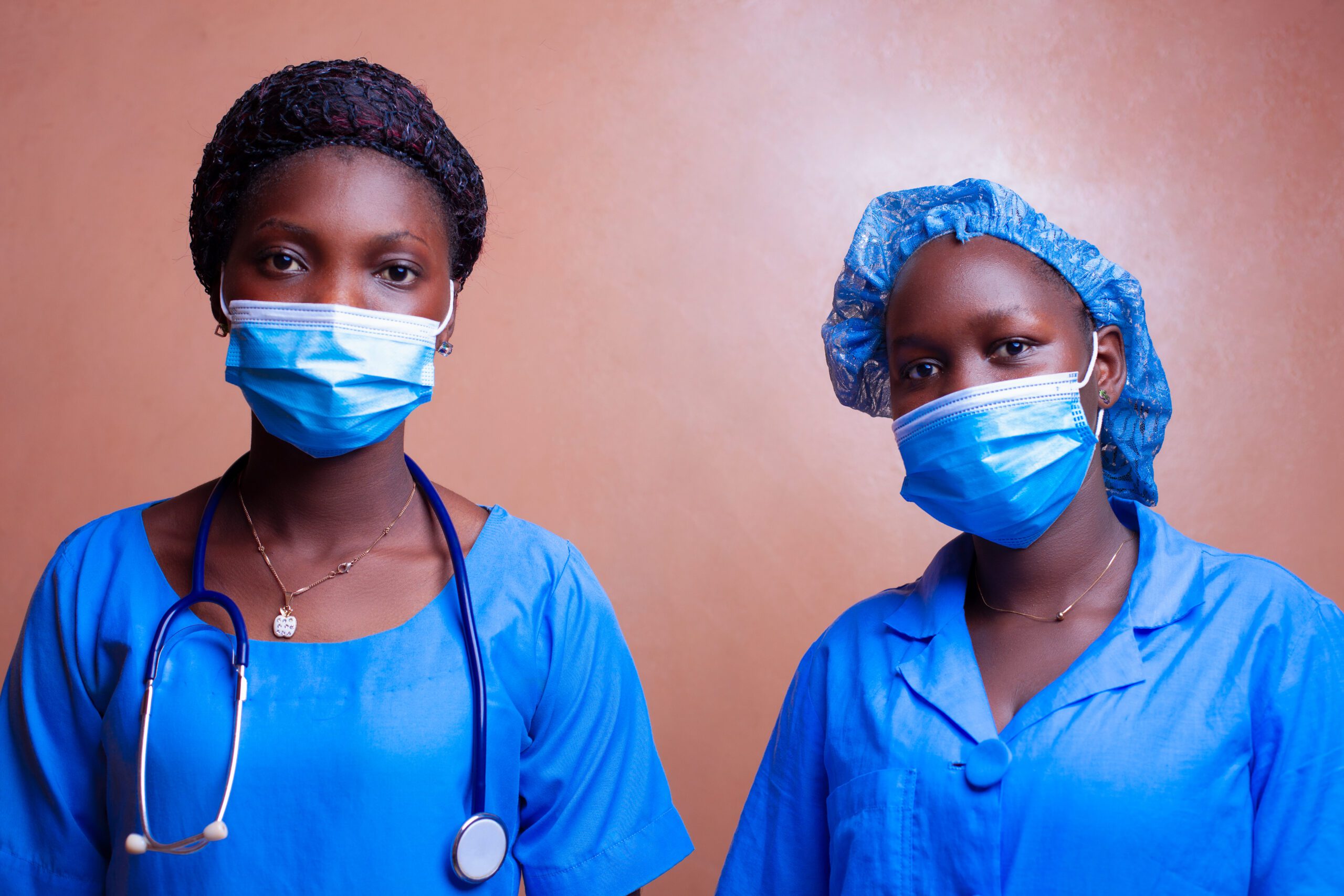The United Nations Women published key takeaways from the Gender Snapshot 2024 report on September 2024, highlighting the successes and failures of gender equality initiatives in Africa. The report acknowledges the progress made in political representation and legal reforms, however, significant gender gaps persist in economic participation, education, health, and violence prevention in Africa. To bridge the economic, education, and violence prevention gap, African governments must enact gender-responsive acts and policies, promote public education on gender equality, and set up systems that enable women access to financial resources.
Gender inequality in Africa slows economic growth by excluding many capable women from the workforce, reducing their contribution to Africa’s overall Gross Domestic Product (GDP) and development. In Africa, gender-based violence remains widespread. Despite efforts from civil society organizations and the progress in political representation including legal reforms, experts warn that achieving full gender equality could take nearly 300 years. Without urgent action from governments, these gender inequalities will slow national development.
African governments must enact policies that actively support and promote equal opportunities for women. Ghana’s Affirmative Action Act 2024, for example, aims to increase women’s representation in decision-making and ensure equal opportunities. Such policies create pathways for women to access leadership roles and economic opportunities. When women participate fully in the economy, countries experience higher productivity and growth. Strengthening legal protections for women also reduces violence against women, ensuring safety. Without these policies, gender inequality will persist.
Also, there is a need for African governments to promote public education on gender equality. Gender equality sensitization campaigns can challenge stereotypes and harmful social norms. Using new media like podcasts and social media can engage wider audiences and drive socio-cultural change. Traditional media and engagement strategies such as community durbars, town hall meetings, and information centers can be leveraged to reach diverse demographics. Ghana, South Africa, and Sierra Leone’s media campaigns on various gender-related issues showed how awareness can shift mindsets and improve access to opportunities. Similar efforts by other countries can accelerate progress toward gender equality across the continent.
To enhance women’s access to financial resources, African governments must reduce collateral requirements, and offer tax incentives for banks prioritizing women entrepreneurs. Some governments have implemented systems that have helped women establish and formalize their businesses. For example, South Africa’s Isivande Women’s Fund accelerates women’s economic empowerment by providing more affordable, usable, and responsive finance than is currently available.
Businesses that employ more women can also receive incentives like lower corporate taxes to promote workplace inclusion. Many women struggle to formalize their businesses due to complex registration processes. Simplifying these procedures will help more women-owned businesses register, inadvertently increasing their access to financial resources. It is also crucial to ensure accessibility for women in rural and underserved areas for broader economic empowerment.
Studies show that women often reinvest 90 percent of their income in their families, compared with 35 percent for men. When women reinvest their income into their families, they prioritize children’s education, better healthcare, and improved living conditions. Educated and healthy populations lead to a more skilled workforce, increased productivity, and long-term economic growth. The cycle of reinvestment women employ strengthens families and drives socioeconomic development reducing poverty.
Achieving gender equality in Africa demands a collective effort from all stakeholders. African governments must implement inclusive policies, advocate for cultural change, and enable women’s access to financial stability. With a unified and sustained commitment towards equality, Africa can look to a future where gender equality is a lived reality for all women.
Irene Ofori-Agyeman is a writing fellow at African Liberty.
First appeared in Modern Ghana

